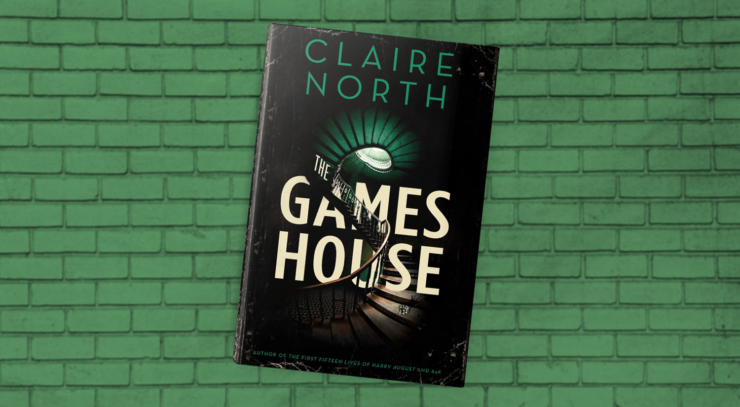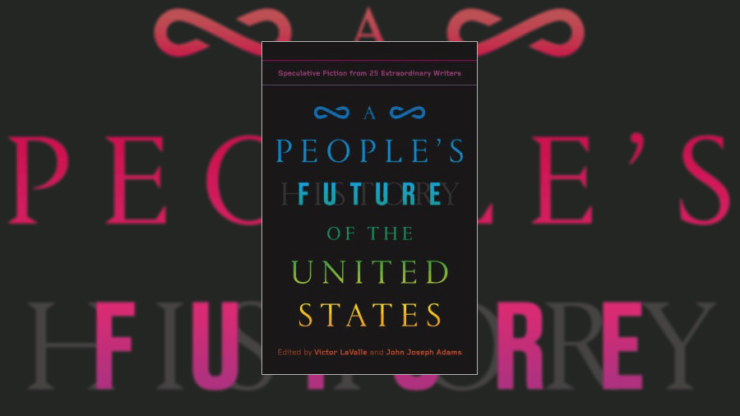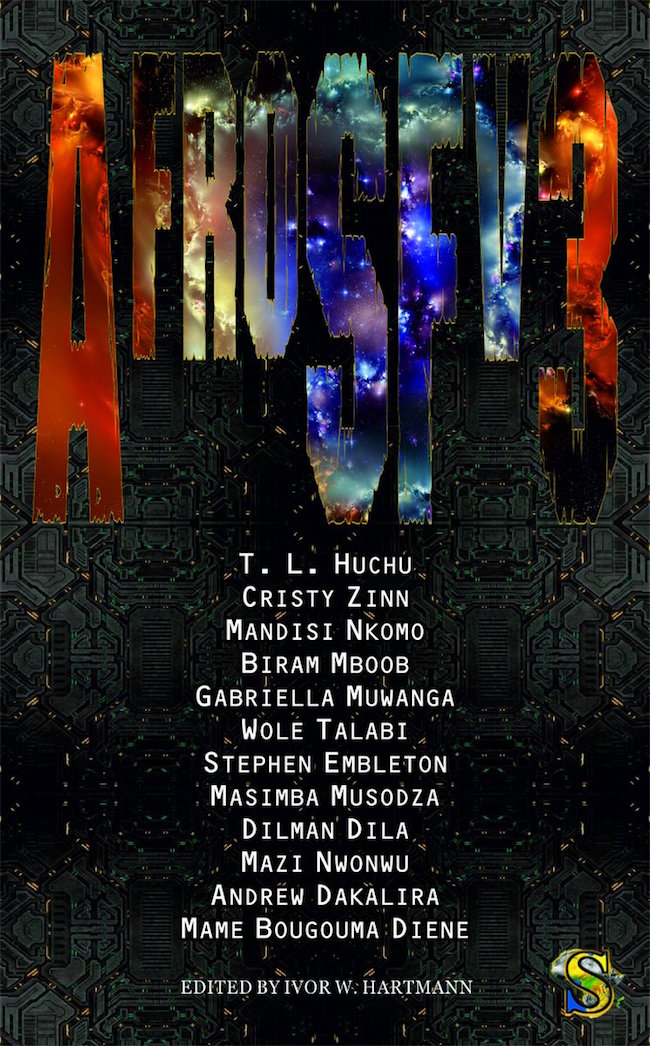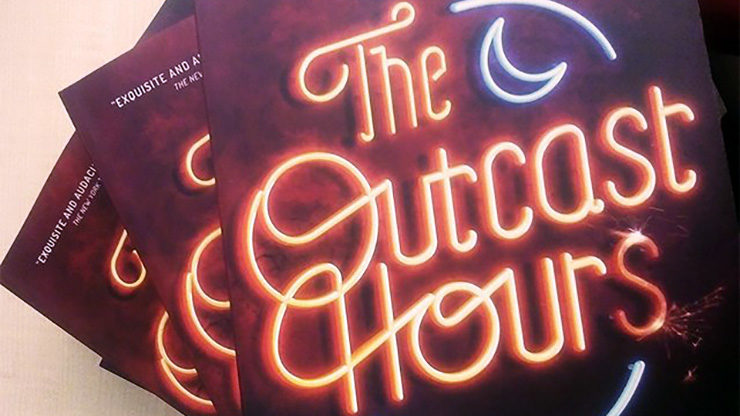Eight Ways to Approach the Work of K.J. Parker
Comment number:
8
Advertisement
Showing 109 results







“There is an art to smiling in a way that others will believe. It is always important to include the eyes; otherwise, people will know you hate them.”
N.K. Jemisin, The Fifth Season
For compliance with applicable privacy laws:



